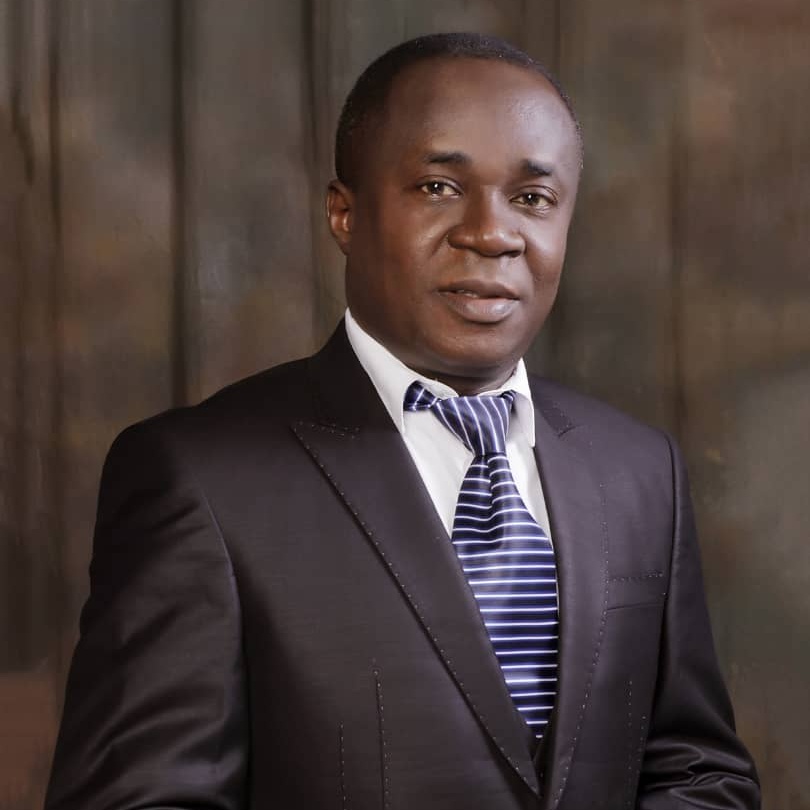The National Economic Council (NEC) Thursday backed down on the planned removal of petroleum subsidy, earlier scheduled to commence June 2023.
The development is coming on the heel of an $800 million grant from the World Bank to cushion the likely effect of the removal.
Minister of Finance, Budget and National Planning Hajiya Zainab Ahmed announced this in a chat with State House correspondents shortly after the valedictory NEC meeting presided over by Vice President Yemi Osinbajo at the Council Chambers of the Presidential Villa Abuja.
She said the Council agreed on the need for continued discussions on the issue, adding that the federal government, in conjunction with states and representatives of the incoming administration, required more preparatory work.
“Council agreed that the timing of the removal of fuel subsidy should not be now. But that we should continue with all of the preparatory works that need to be done and that this preparatory has to be done in consultation with the states and other key stakeholders including representatives of the incoming administration.re Flood Sweeps Away Students Annua
lly| Punch
“Council agreed that the fuel subsidy must be removed earlier rather than later because it is not sustainable. We cannot afford it anymore. But we have to do it in such a way that the impact of the subsidy is as much as possible, mitigated on the lives of ordinary Nigerians.
“So, this will require looking at alternatives to the fuel subsidy that needs to be planned for and subsequently put in place. But also what needs to be done to support the people that will be most affected as a result of the removal,” the minister said.
She further said the federal government would be working together with representatives of the states between now and June 2023.
“We have a plan that we will start working on, putting the building blocks towards the eventual removal of the first subsidy.
“And if I may remind this forum that the budget for 2023 has a provision for fuel subsidy only up to June 2023, and also the Petroleum Industry Act has a provision that requires that all petroleum products must be deregulated 18 months after the effective date of the PMS removal and that that period is also up to June 2020,” the minister explained.
‘It’s a breather for incoming government ’
Reacting to the decision, experts agreed that the NEC decision would douse the palpable tension in the polity.
In his view, a financial analyst, Gabriel Idakolo, described the NEC’s decision as a welcome development as the removal of the subsidy by the present administration would have been a bobby trap for the incoming administration.
He said: “I am sure there will be behind-the-scene move by the incoming government to warn them because it would have been a disaster, especially with what Labour was planning. I am sure they want the new administration to have a breather.”
While agreeing that the decision was tantamount to postponing the evil day, Idakolo, said it was important that the government provide palliatives to cushion the effect of the removal.
“You know the agreement is that even if the government is going to remove fuel subsidy, there must be cogent and verifiable palliatives.
“I am also of the opinion that if the government is going to remove the palliatives, then Nigeria would have attained self-sufficiency in crude refining, especially now that we know the four refineries can be able to perform up to 90 per cent refining and coupled with Dangote coming on board next year.”
‘Govt needs to know what is consumed’
Also, an economic expert, who craved anonymity, explained that it was important for the government to know the amount of fuel that it is subsidising.
“The point is that the first step to removing this very opaque fuel subsidy is to figure out and let citizens know the accurate volume of fuel we consume whether daily, weekly, monthly, annually.
“That’s the first step, and without this, it will be difficult to convince anybody to support this course – even though we all agree it’s draining the country.
“They are not. They’re shifting the timelines – from end last year to first quarter this year then to second quarter for Port Harcourt refinery – not sure whether it will be actualised. If you believe this government, you can believe anything,” she said.




